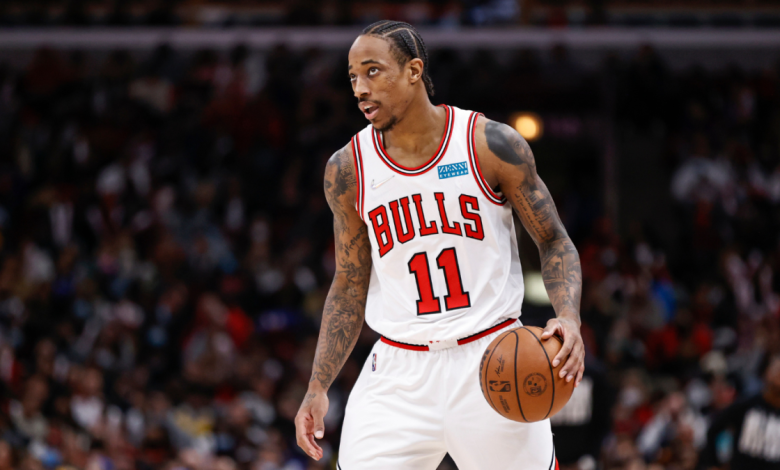Defense is a must in this game, period. The postseason struggles of DeMar DeRozan are well known in Toronto. Field goal percentage for his career falls from 46.8% in the regular season to 41.8% in the postseason.
When playing Toronto, this poses a particular challenge because the Raptors can use more fullbacks against him than any other club in the playoff field. This season, DeRozan averaged just 14 points per game when playing the Raptors.
Toronto’s offense, meanwhile, isn’t any better. According to Cleaning the Glass, the Raptors are 25th in the NBA in half-court points scored per game. Turnovers and transition are the foundation of your attack. The Bulls make the seventh-least money per game in the NBA, and those points aren’t as easy to come by in the postseason.
When combined with Chicago’s 24th offensive ranking for the season and the fact that the Bulls (first) and Raptors (sixth) are both among the NBA’s best defenses as of the close, and you have a game that should score very few points. The choice: Under 214.5
The Thunder did everything in their power to fall out of the play-in race at the track. They played a 12-man rotation in key games. They lost to the Hornets and Pacers and missed most of their best players. They almost lost a game to the Utah reserves that would have put the Mavericks in control of their own destiny for the No. 10. In short, Oklahoma City seems to have run out of gas.
The opposite could be said of the pelicans. They are 10-5 in their last 15 games and have outperformed their opponents by 8.3 points per 100 possessions in that span. Injuries nearly left them dead earlier in the season, but right now Brandon Ingram is playing one of the best basketballs of his career. He averaged 28.6 points and 8.1 assists per game to lead the Pelicans to the play-in round.





